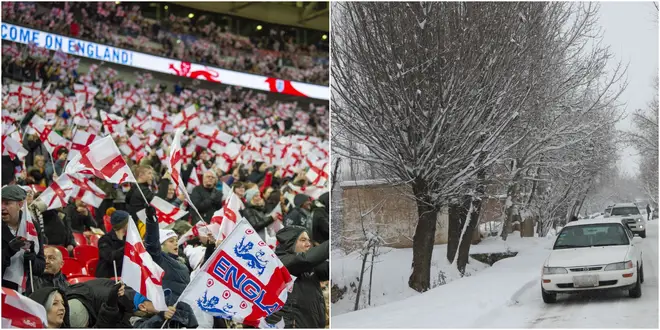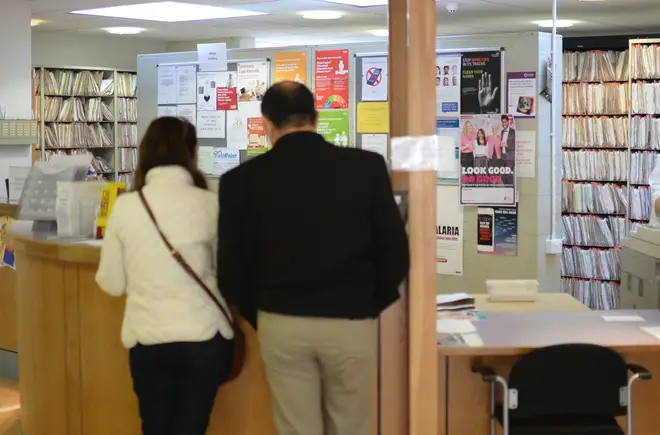
Iain Dale 7pm - 10pm
4 January 2020, 00:23

The weather, the football World Cup and public holidays all impact on the numbers of patients booking GP appointments, research suggests.
Colder, wetter weather, major health stories in the media and the periods following public holidays were all linked to an increased demand for same-day appointments.
Days of warm, sunny weather, international football matches and snowfall saw reduced patient numbers, the UK study found.
The authors say their data could help dozens of practices manage resources and staffing more intelligently to ensure primary care continues providing high-quality service amid rising demand.
Doctors at Clarendon Lodge Medical Practice in Leamington Spa have been implementing changes based on their findings since June 2018, and have reduced their annual locum costs as a result.
On the days of World Cup football matches, there was a significant decrease in demand, suggesting people "will prioritise watching the football game over arranging a GP appointment".
Demand fell 16% on the days the England team was playing and 5% if it was not.
They found no link between events such as the Tour de France and international cricket.

Snowy weather saw a 16% reduced demand, which the authors suggest may have been due to difficulties in reaching the surgery.
Dr Hussain Al-Zubaidi, one of the researchers, told the PA news agency: "Having the same staff meeting different demand just doesn't work.
"And often that's the case, in a lot of GP surgeries, they have got the same team managing a very different workload day to day, and that leads to the problems we are having with recruitment.
"Because often you'll get those days that are extremely busy, they'll put a strain on their staff but if we can predict that and put in measures to try to prevent it... we will get locums and that locum will mean something, whereas in the past sometimes we will get locums potentially thinking it will be busy, and we're not fully utilising that resource.
"So we are trying to prevent waste essentially."
The study also found that prominent news stories "greatly affected" the number of appointments booked, particularly reports relating to cancer, mental health, paediatrics and flu.
On days cancer stories were published, uptake increased by 9%.